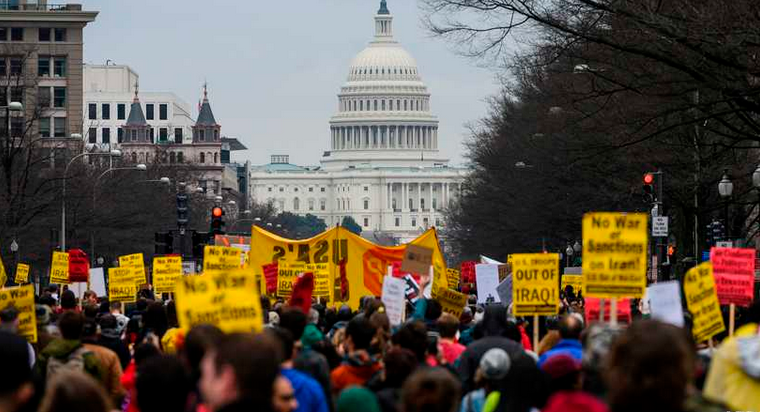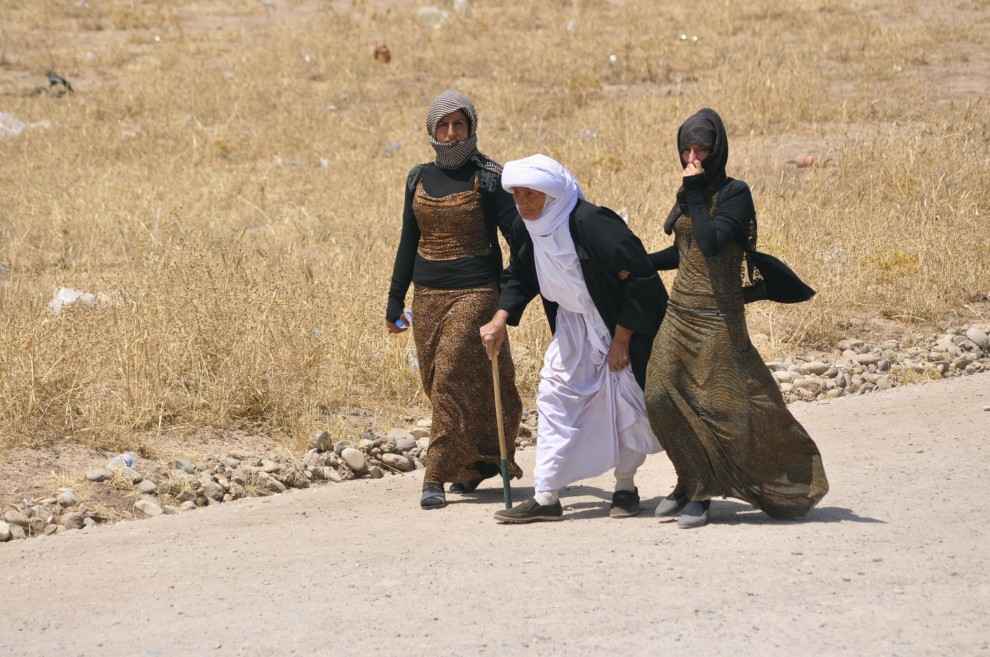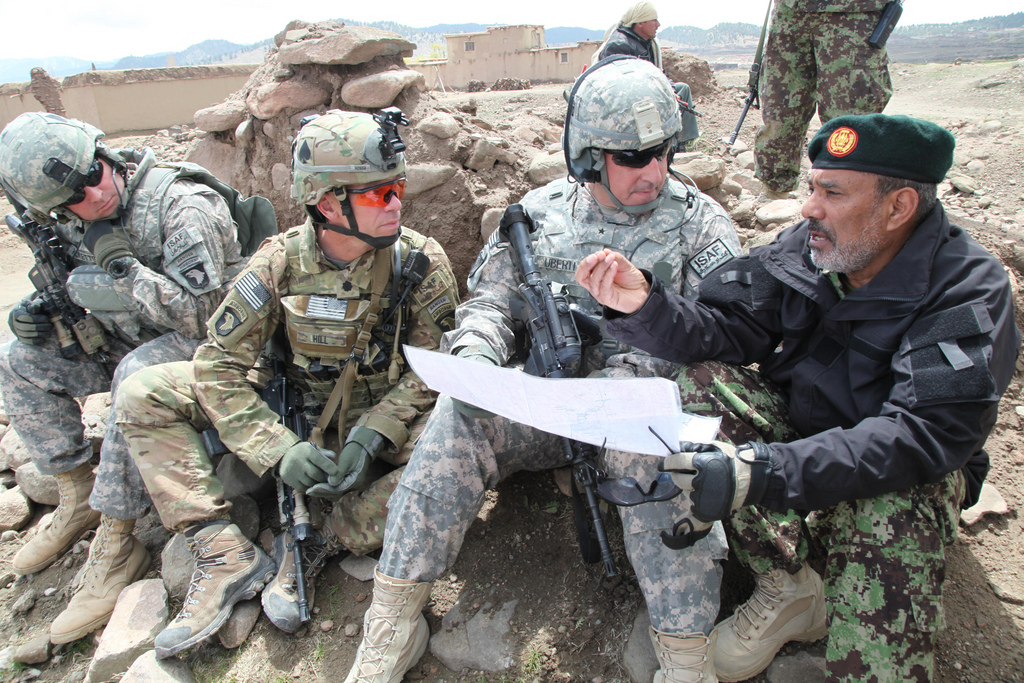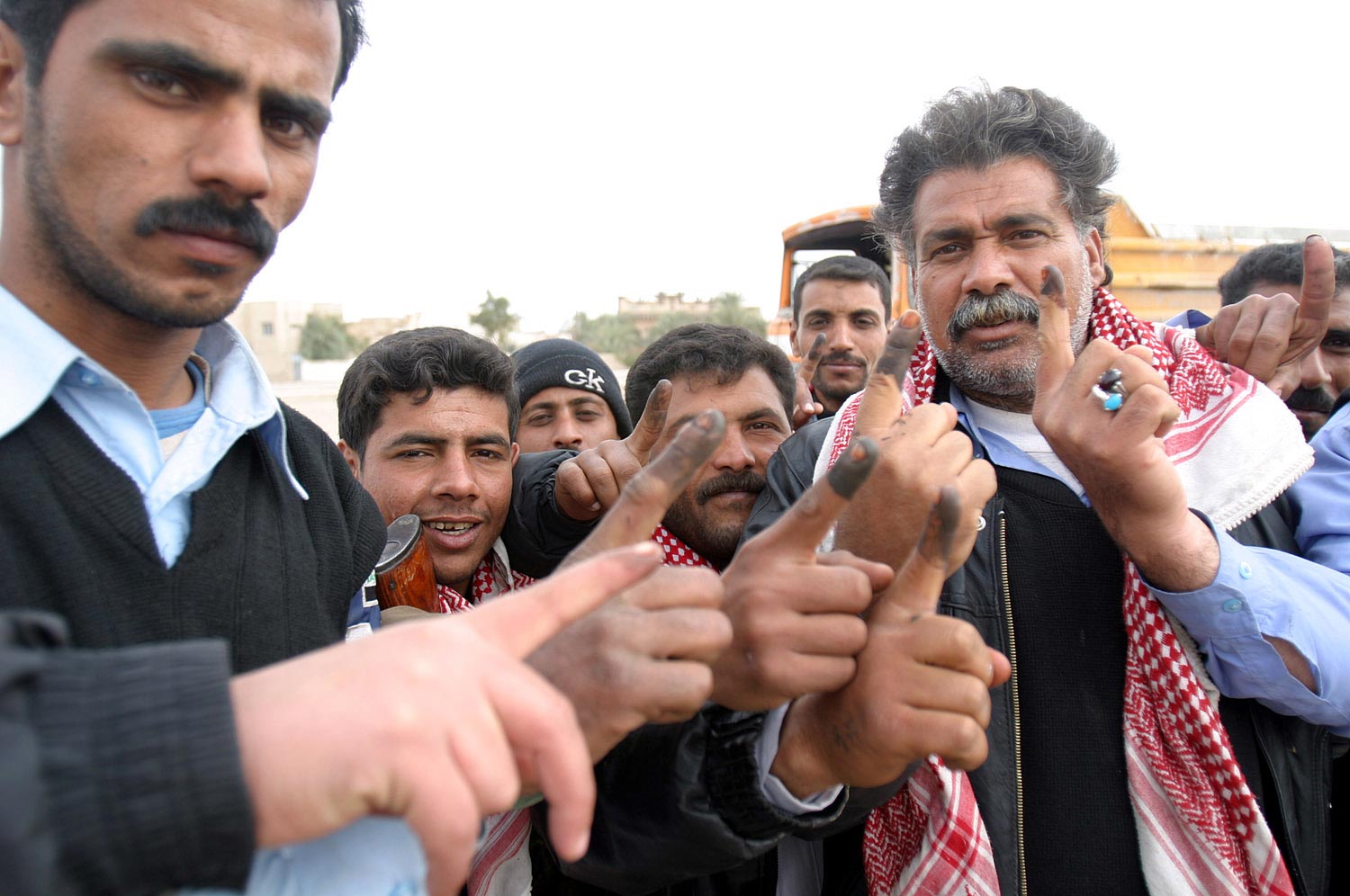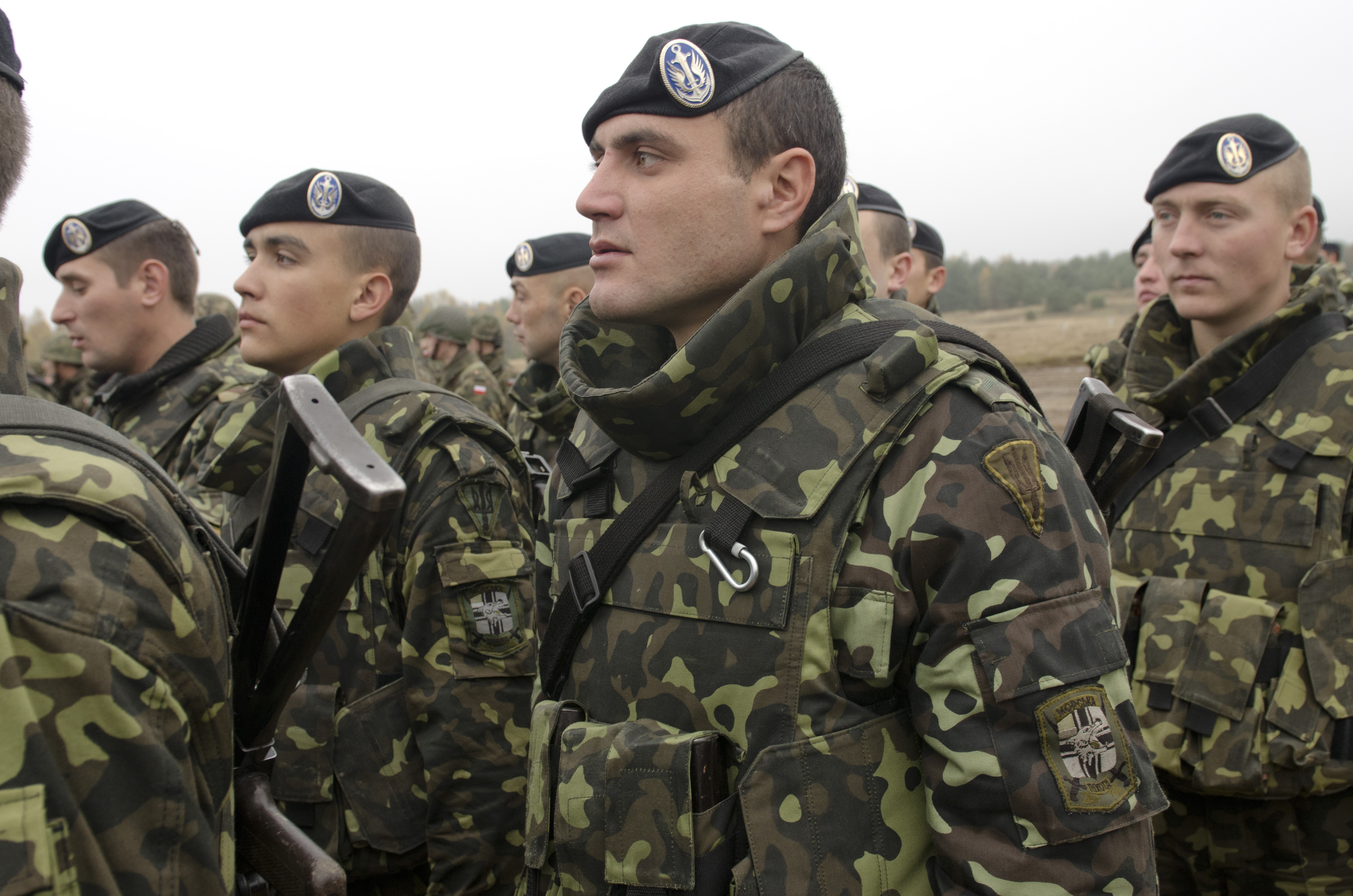Guest post by Jonathan M. DiCicco
President Trump’s approval of the targeted strike that killed Iranian general Qassem Soleimani “came as a surprise and a shock” to US officials. But surely the “disruptor in chief” intended to shock officials in Iran, not the US. Trump presumably hoped to deliver a gamechanger that would play to the United States’ advantage in future negotiations. After all, the president insists that that he wants peace with Iran, not war.
Analysts may be skeptical of that claim, but research suggests that shocks can help de-escalate and even end international rivalries. By approving military action intended to “shock Iran’s decision calculus,” has Trump changed Tehran’s expectations enough to nudge Iran toward negotiation?
The short answer is: probably not. Scholarly research on rivalries provides some clues as to why.
Rivalries, routines, and shared expectations
International rivalries are war-prone, “long-term hate affairs” between countries. Nearly three-fourths of all wars occur among rivals, according to one important study. But as Paul Diehl and Gary Goertz have demonstrated, enduring rivalries can be remarkably stable—even if balanced on a knife’s edge.
That’s because rivals settle into patterns of hostile competition that become normalized, routine, even predictable. Rivals learn from experience and develop shared expectations. After the nightmarish Cuban Missile Crisis, for example, shared expectations helped the superpowers avoid escalating from “cold war” to hot war.
Shocks to the system?
But even the most stable of rivalries may be subject to sudden and dramatic change.
Diehl and Goertz have shown that rivalries tend to be bookended by shocks, and that shocks are necessary conditions for changing otherwise stable conflict relationships. Others agree: shocks can serve as catalysts that counteract inertia in rivalries and facilitate de-escalation.
By disrupting habitual patterns of behavior and changing rivals’ expectations, shocks can create both opportunity and motive for changing strategies toward the adversary. In this way, shocks make it possible for rivalries to end.
Was the Soleimani strike a shock?
Before the strike Tehran had reason to expect that Washington would rely on sanctions and limit its use of military force to non-Iranian targets. Despite 40 years of enmity, Tehran likely expected that the US would use military force only to combat non-state armed groups linked to Iran. That changed with the Soleimani strike.
Iran’s leaders probably didn’t see the strike coming. Soleimani himself arguably had grown accustomed to conducting his bloody business right under the Americans’ noses, and with relative impunity. Given the track record of US-Iran relations, the audacious, intentional killing of an Iranian official by the US military would have been judged unlikely, and was probably an unwelcomed surprise.
But surprise is not enough. To paraphrase Karen Rasler and her coauthors, shocks change the expectations that drive rivalry behavior by altering either how threatening the adversary appears, or one’s own capability to cope effectively with the adversary—or both.
By killing the cultivator of Iran’s regional network of armed proxies, the Soleimani strike arguably qualifies as a shock because it diminished Iran’s capacity to conduct deniable campaigns to frustrate US objectives in the Gulf.
And by demonstrating the US government’s willingness to shrug off legal objections to the targeted killing of Iranian officials, the strike might well prompt leaders in Tehran to see the US as more threatening, too.
Shock and thaw? Why prospects for de-escalation are limited
If the Soleimani strike was a shock to Tehran, perhaps it will serve as a catalyst that will de-escalate the hostile US-Iran relationship. This is unlikely, however, for at least two reasons.
First, as Rasler and her colleagues argue, shock alone is not sufficient for expectational revision unless the victim’s capacity to resist has been eliminated.
Iran’s capacity to continue to use the Quds Force and its network of proxies has been damaged by Soleimani’s killing, but not destroyed. Iranian leaders who perceive an increased threat from the US are likely to fall back on their existing capabilities to neutralize that threat.
Second, a facilitating condition for de-escalation is largely absent. Short of regime change, it seems unlikely that dovish “political entrepreneurs” in Tehran will be able to reorient the regime’s strategy toward peaceful accommodation, especially given heightened tensions.
This is because killing Soleimani probably inhibited advocates for a negotiated peace. Since cooperation with a rival can be portrayed as weakness and exploited by “hawks” for political advantage, in an atmosphere of increased threat, “doves” will be especially vulnerable—and in rivalry settings, threat deflation is notoriously difficult.
A rival’s threats and military actions reinforce hawks’ positions within the government and grow the constituency for hardliners. Such an atmosphere makes concessions a political third rail, even for leaders otherwise inclined to cooperate. The Soleimani strike strengthens Iran’s hardliners and makes cooperation with the US a losing proposition.
Beware blowback
Commonly characterized as “a sudden, drastic escalation” of the spiraling US-Iran conflict, the shock of the Soleimani strike may be reframed as a precursor of de-escalation. By stunning Iran with a punch in the nose, has Trump manufactured a tipping point in US-Iranian relations?
Unfortunately, the answer is probably not. And if rivalry research is on-target, odds are that the tactic has backfired, making the peace that the president purports to seek more elusive.
Jonathan M. DiCicco (@dicicco_jon) is associate professor of political science and international relations at Middle Tennessee State University; he investigates international conflict, peace, and foreign-policy processes.

